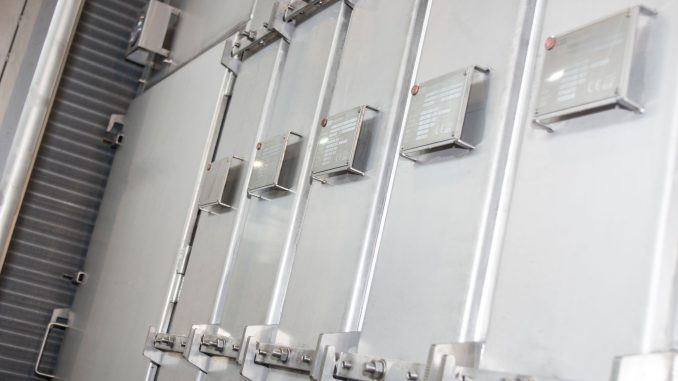
Heat exchangers are transforming industrial efficiency, marking a significant step towards a greener future. These systems, crucial for heating, cooling, and transferring heat, are pivotal in reducing energy use and CO2 emissions across various sectors. By utilizing the potential of heat exchangers, industries are not only optimizing energy but also aligning with global sustainability goals.
The Core of Sustainable Innovation
The essence of heat exchangers lies in their ability to facilitate heat transfer efficiently without direct contact between different mediums. This process is essential for a wide range of applications, from enhancing production processes to maximizing waste heat recovery. The focus on reusing heat contributes to significant energy savings and a notable decrease in carbon footprint, embodying the principles of sustainability.
Customization & Efficient Designs
Tailored heat exchange solutions are designed to address the specific needs of diverse industries, ensuring that each system delivers optimal performance. By integrating components like steam, gas, or water heaters, these systems can be finely tuned to provide the highest levels of efficiency and sustainability.
Optimizing heat transfer surfaces and incorporating functional components are key strategies in creating efficient and sustainable heat exchangers. These designs aim to minimize material usage and pressure drops while maximizing safety and robustness.
Industry-Wide Impact and Eco-Friendliness
The evolution of heat exchanger technology focuses on key attributes such as efficiency, eco-friendliness, durability, and cost optimization. These advancements are crucial for meeting the demands of modern industrial applications, offering a sustainable solution to energy and environmental challenges.
Heat exchangers play a critical role in sectors such as food, dairy, chemical, pharma, and pulp/paper industries, where they help maintain precise temperature conditions and ensure product quality. By adopting these technologies, industries can significantly reduce their environmental impact while maintaining high standards of production.
Combination with Renewable Energy Integration
Integrating heat exchanger technologies into renewable energy systems represents a forward-thinking approach to sustainability. By facilitating the efficient transfer of thermal energy in solar power plants, geothermal energy systems, and biomass energy conversion processes, heat exchangers are pivotal in enhancing the viability and performance of renewable energy sources. This synergy between them not only maximizes the use of natural resources but also supports the transition towards a more sustainable and renewable energy-driven future. Through innovative applications and custom solutions, heat exchangers are setting the stage for a cleaner, more resilient energy environment.
A Future Focused on Sustainability
The adoption of heat exchanger technologies signifies a major leap towards more sustainable industrial operations. With potential energy cost savings and CO2 emission reductions up to 100%, these systems exemplify the shift towards environmentally responsible manufacturing practices. The innovation in heat exchange technology, including the development of finned tubes and pillow plates, underscores the importance of sustainable solutions in the industrial world.
By embracing heat exchanger technologies, industries can achieve efficiency and sustainability, and help to create a ecological balance with economic viability.
Leave a Reply